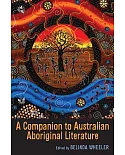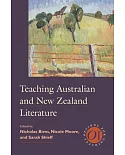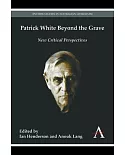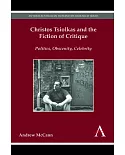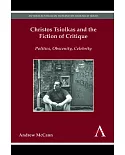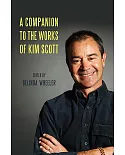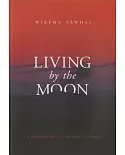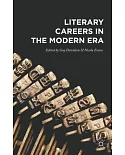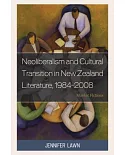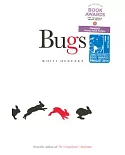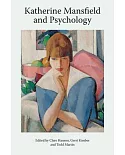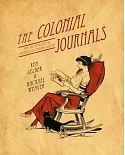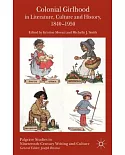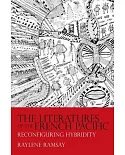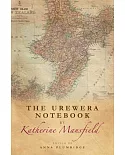Arguing that Australian works are a distinct subgenre in World War I literature, the author examines how leadership is represented in Australian prose narratives by veterans and civilians in
relation to the popular canon of European works. She focuses on contemporary and more recent stories of individuals or groups of individuals, rather than military actions, unit histories,
guides or battlefield expositions, or diaries or letters. She considers works by Leonard Mann, J.P. McKinney, Frederic Manning, G.D. Mitchell, Ion Idriess, and Mary Grant Bruce. She discusses
the role of Gallipoli, the meaning of Anzac, historical readings of the war, and anti-war literature; the purposes of heroes and the heroic Australia writing style; how authors differentiated
their cultural style from the British style; leadership theories and the fictional depiction of leaders; the portrayal of death, dying, and killing; how Australia views the war as foundational
instead of catastrophic; and depictions in recent novels. Distributed in the US by ISBS. Annotation ©2015 Ringgold, Inc., Portland, OR (protoview.com)



